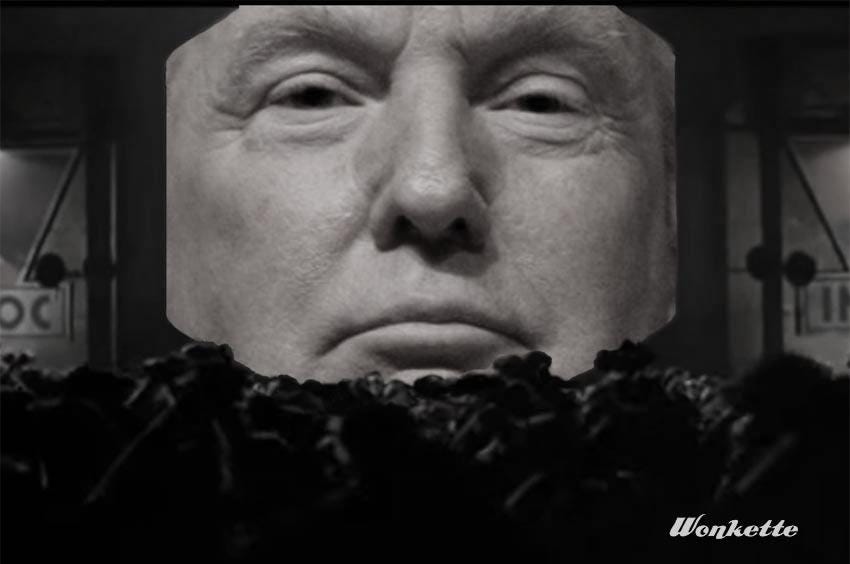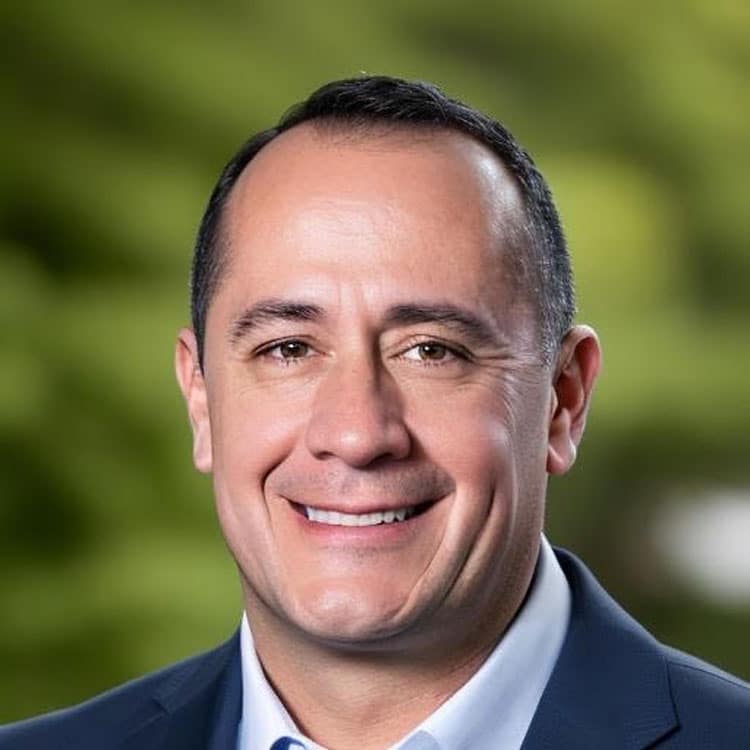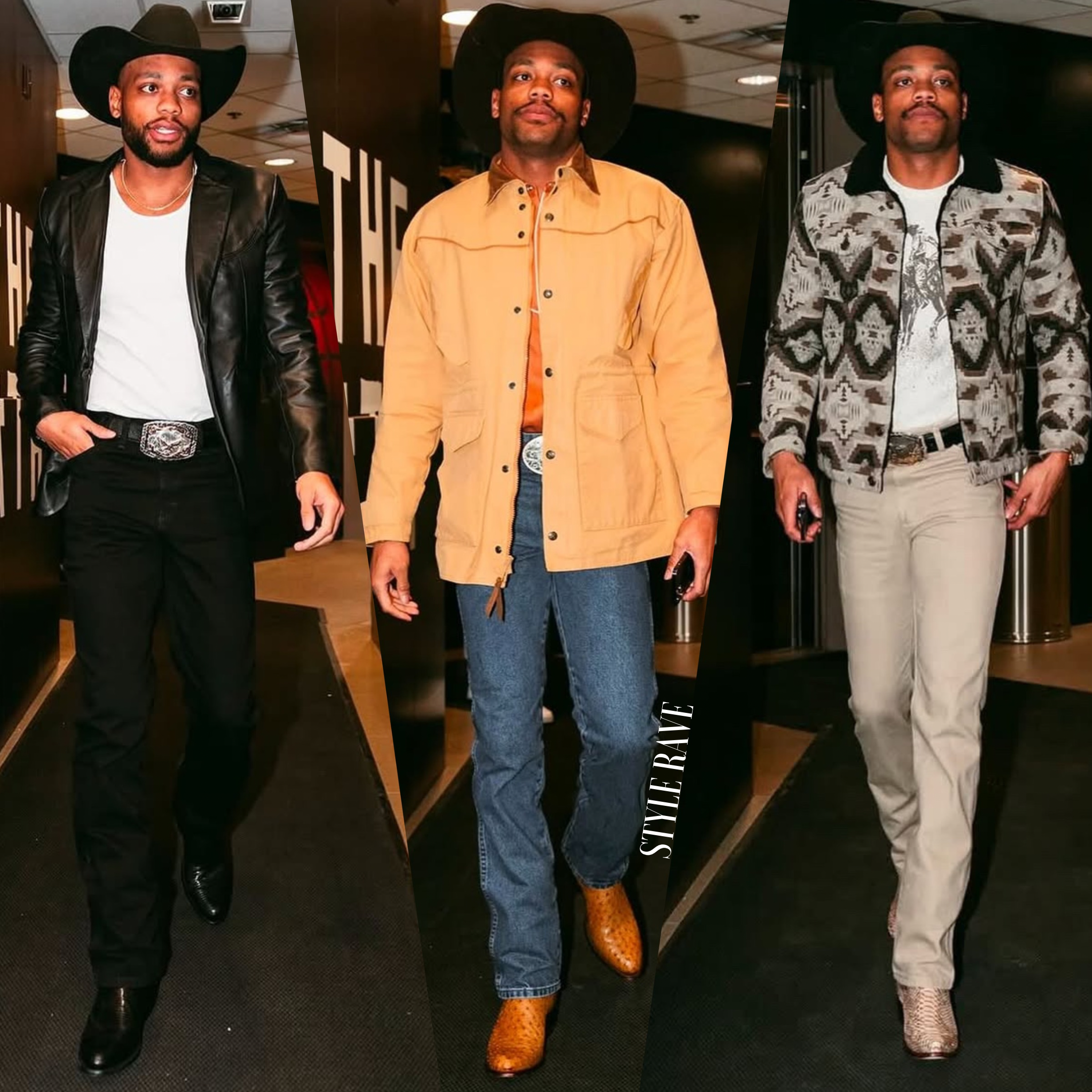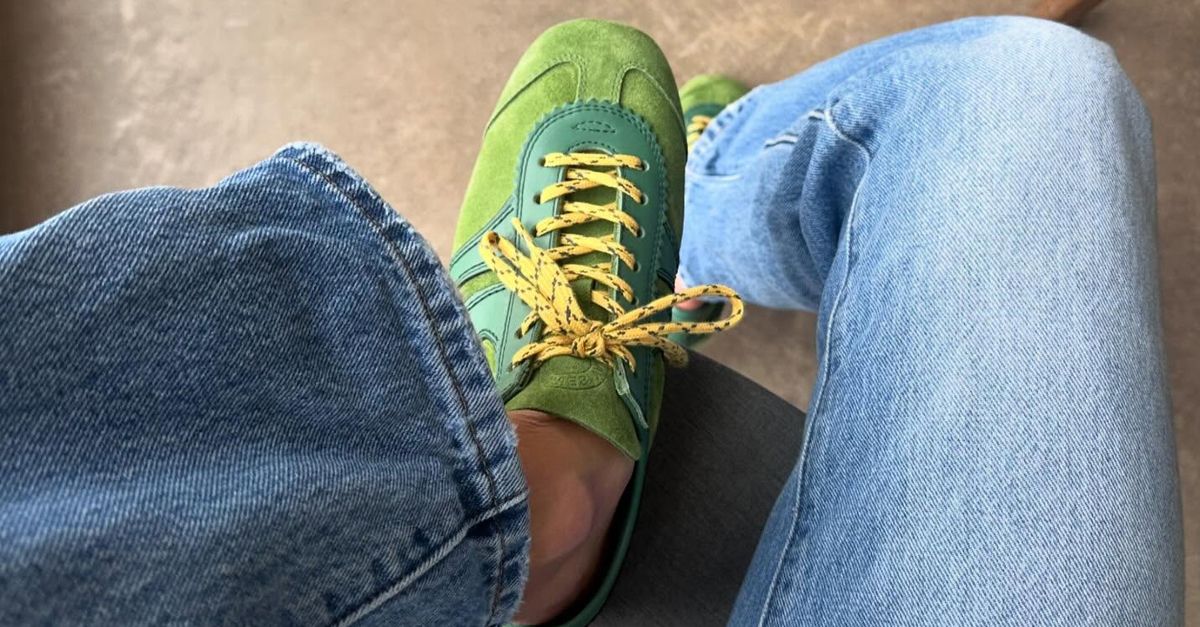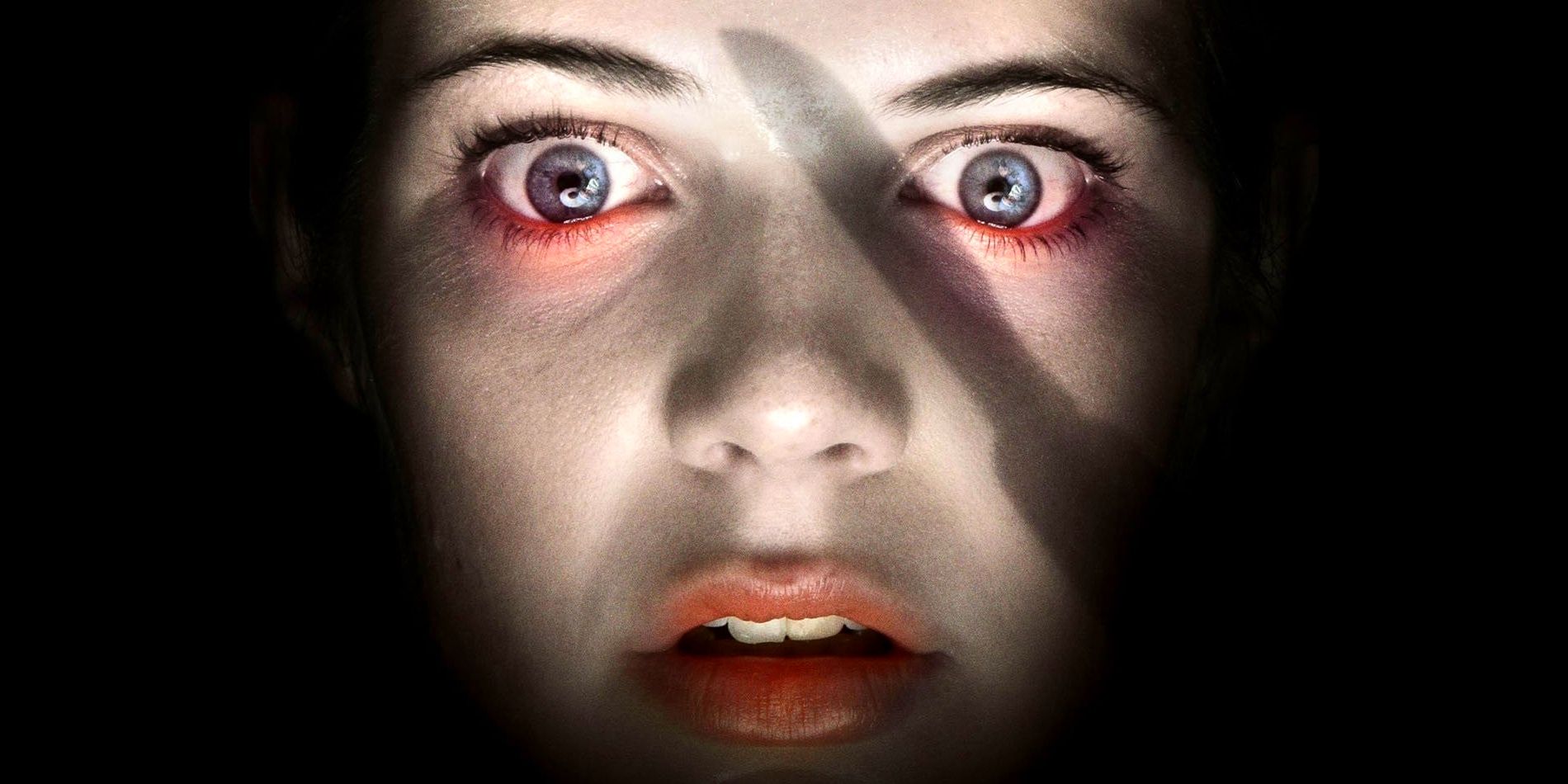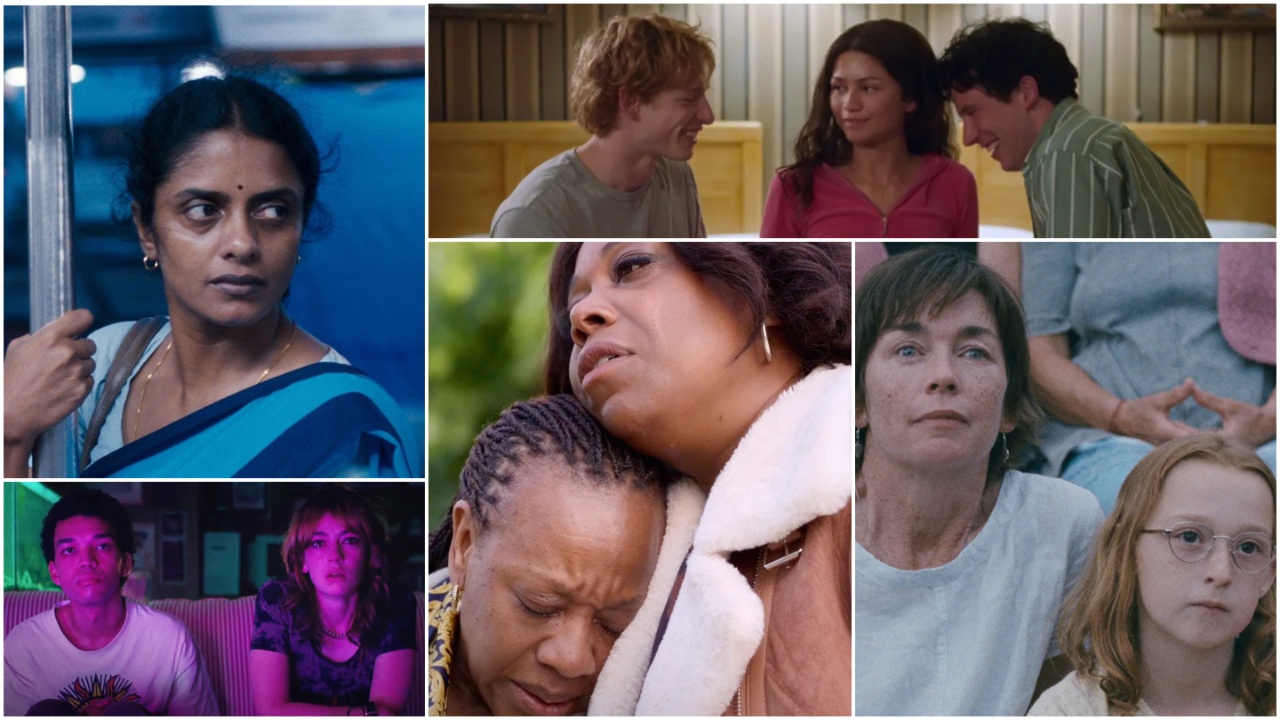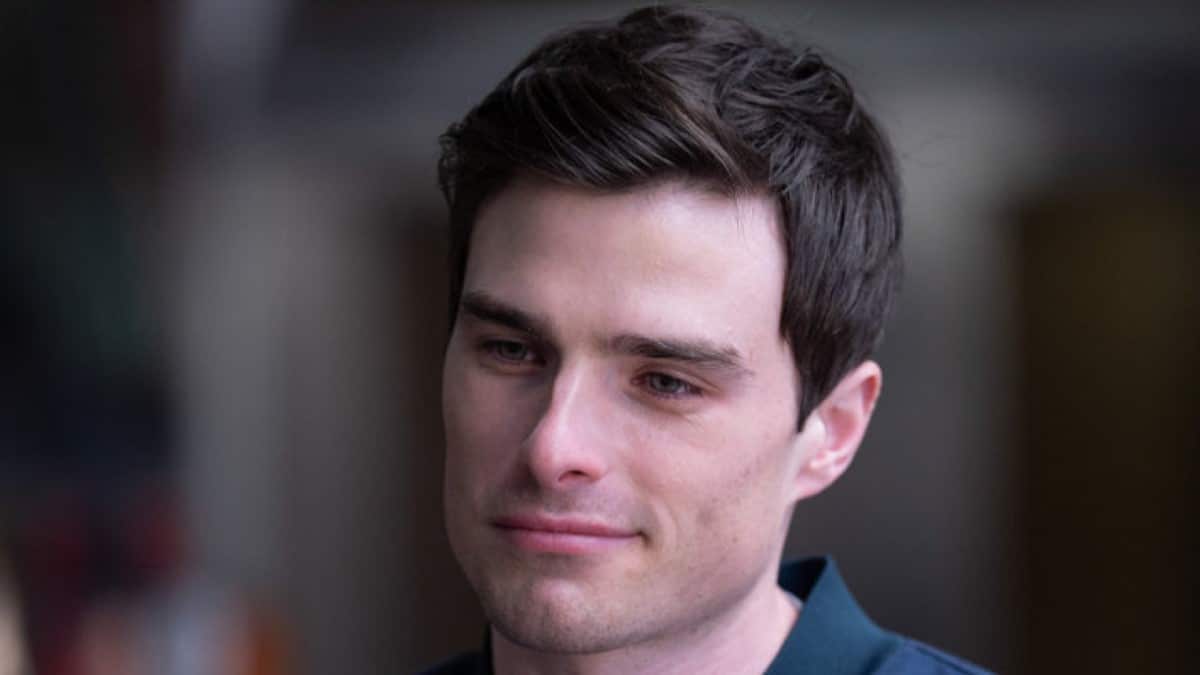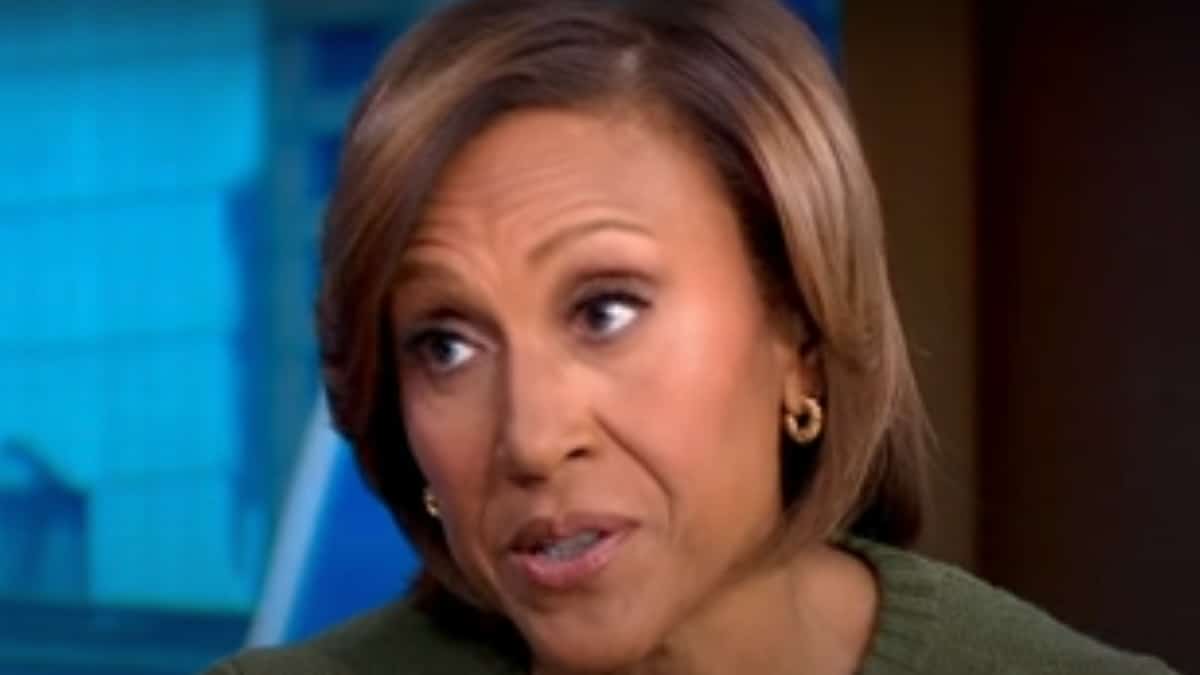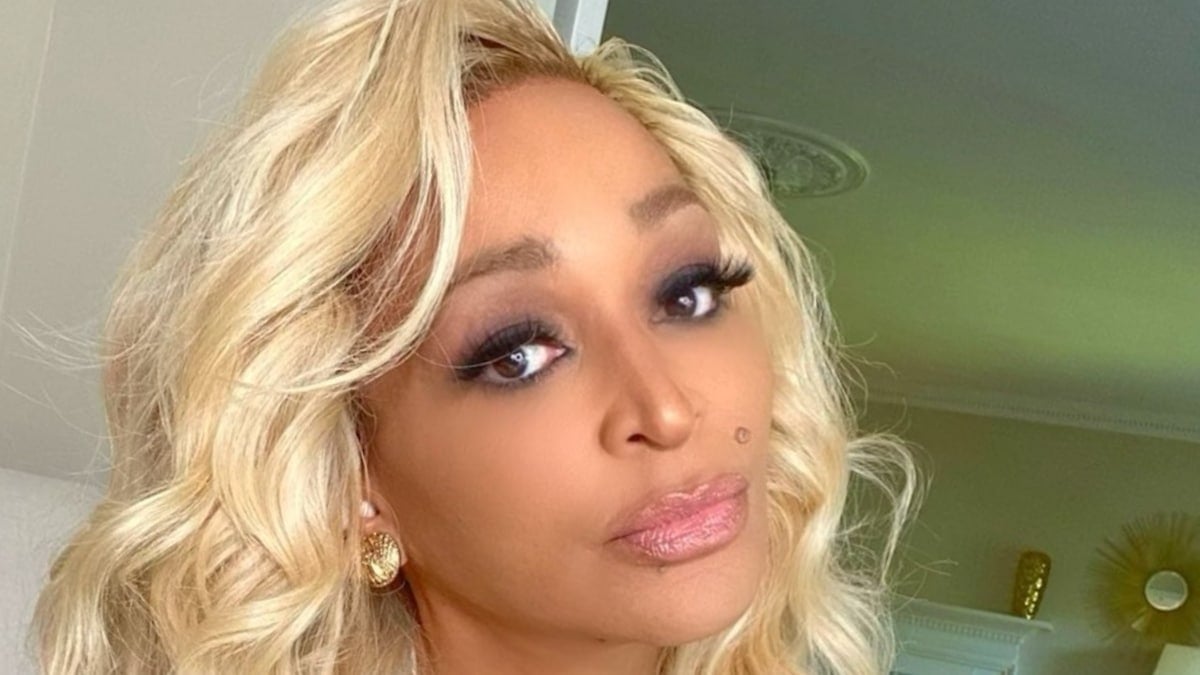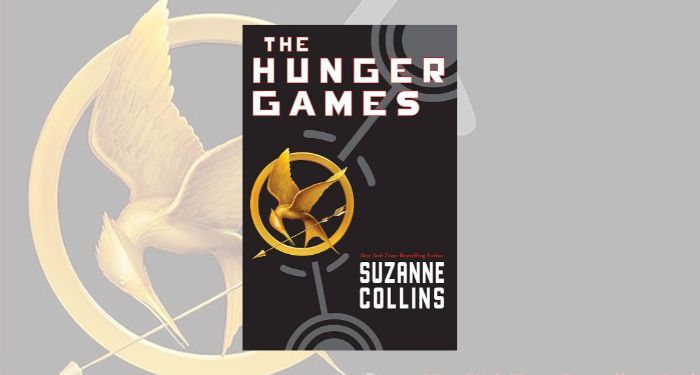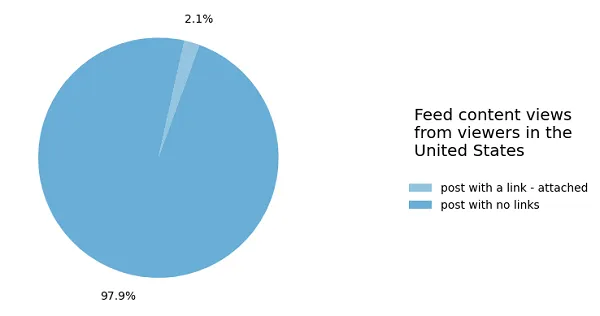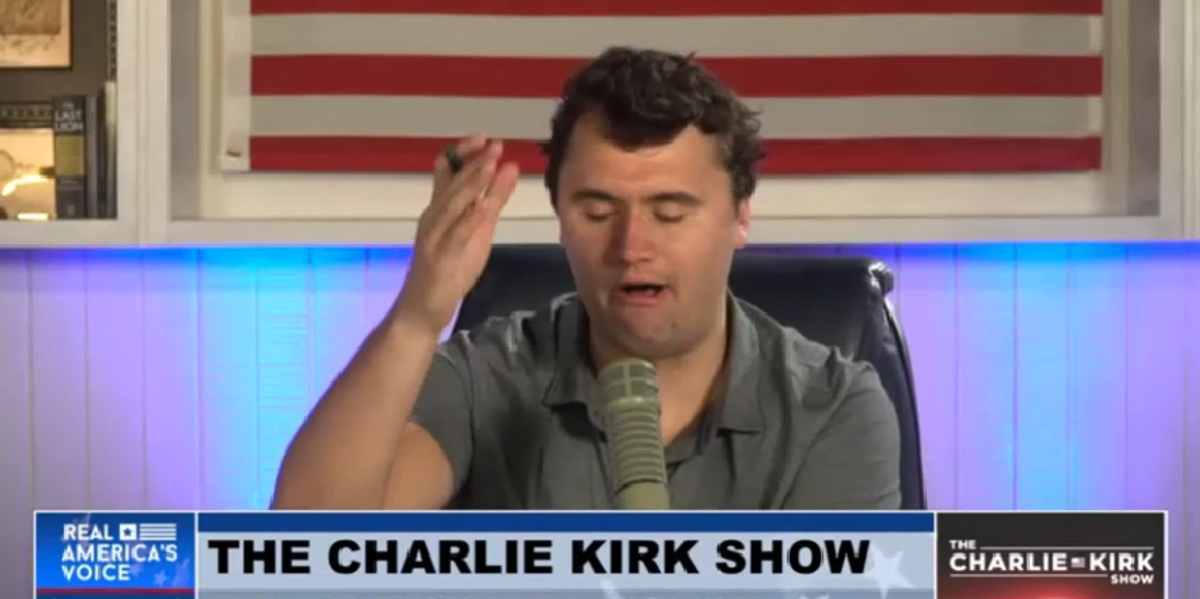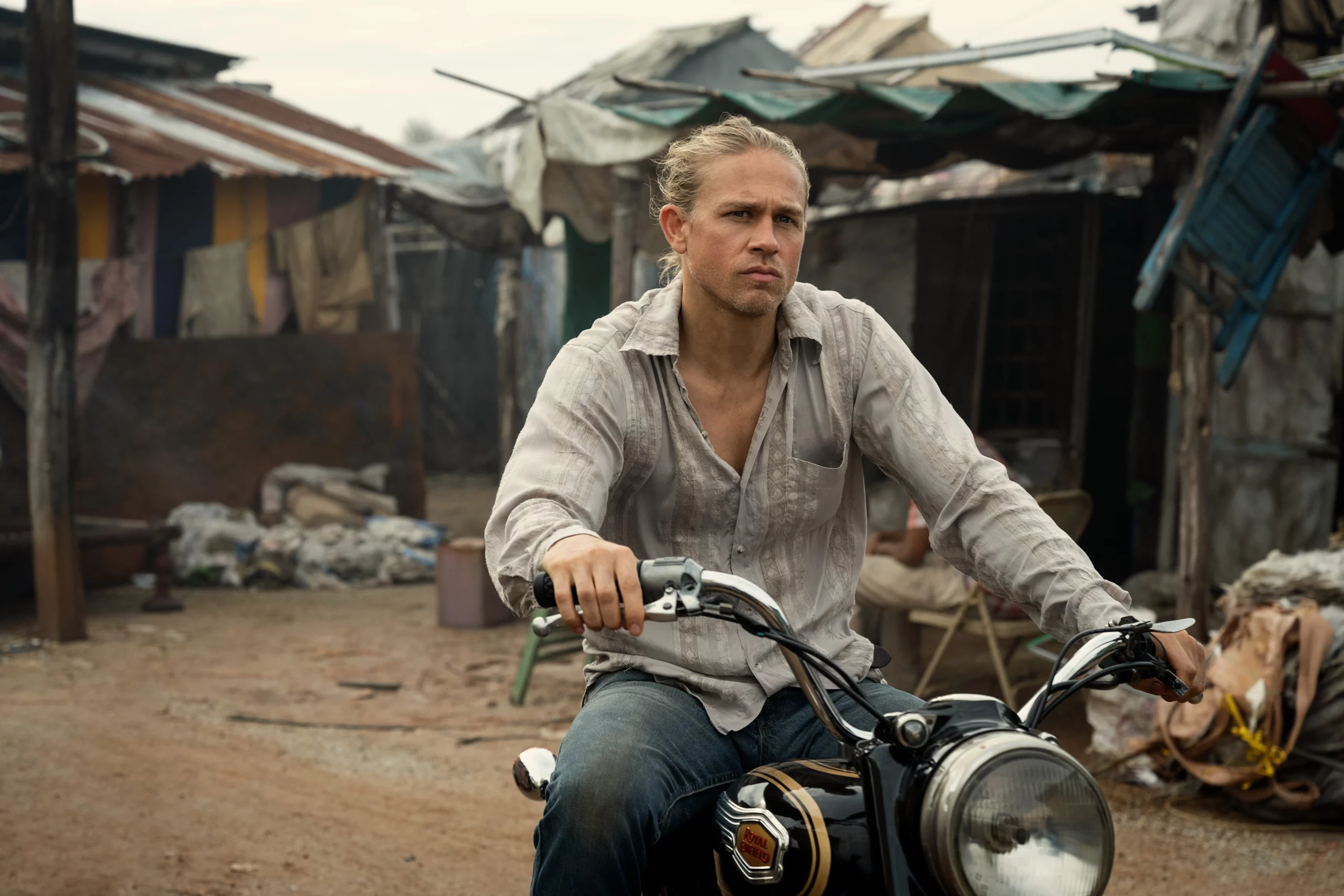“Children of the Underground” shares a fascinating documentary antihero in Faye Yager, who inspires the series’ embrace of complicated choices within the ultimate cause of protecting children. Yager started the titular organization that wanted to protect women and their children from the spouse who was allegedly being abusive. She would help them go “underground,” to take on different identities and live in safehouses nationwide with anonymous hosts. But the semantics of her heroism was far more complicated, starting with how by law she was harboring fugitives, as these women had “kidnapped” their child from fathers who then wanted custody. For some it’s a no-brainer: The law did not serve these women, it even punished them for speaking up and trying to get justice against the abusers, so they made their own system. Anything to protect their kids.
And because of the male-dominated courts, those fathers would often be able to get back the children they allegedly abused. For the same reason, Faye Yager became an enemy of a broken family court system, and at one point was one of America’s most wanted. When she was captured and put on trial, it became known that she had her own intense methods of trying to get the children to share their stories. Was she being abusive, or misguided? What qualifications did she have to take this on?
Faye’s work helped countless mothers and their children, some whose stories are captured with great detail by this narrative. A woman named April shares the extensive story of running away from her husband with her daughter Mandy, hiding for years before being caught. But during that period, April was also brave enough to appear on Sally Jesse Raphael’s talkshow and share her experience as a current fugitive. We also learn about a woman named Kaylee whose grandparents had kidnapped her from her family, after suspecting that Satanic ritual sexual abuse was involved. Although Kaylee talks about the strange experience of being on the run, her feelings about her grandparents’ acts do not have the bitterness one might expect.
Faye has her own trauma with this, a horrific injustice that she experienced with her ex-husband (who later was found guilty of child sexual abuse) and daughter Michelle; the court gave custody to the father after Faye found horrific evidence of abuse. You can see that nightmare in her eyes often, when she speaks on TV talkshows about her operations, and the clear-cut urgency in her voice. Without making too much of a point of it, directors Gabriela Cowperthwaite and Ted Gesing treat “Children of the Underground” as an intricate character study of someone who is scarred and flawed, but fixated on what we’d all want: for children to be safe. If mistakes are made in the process, does that negate those who are saved?








